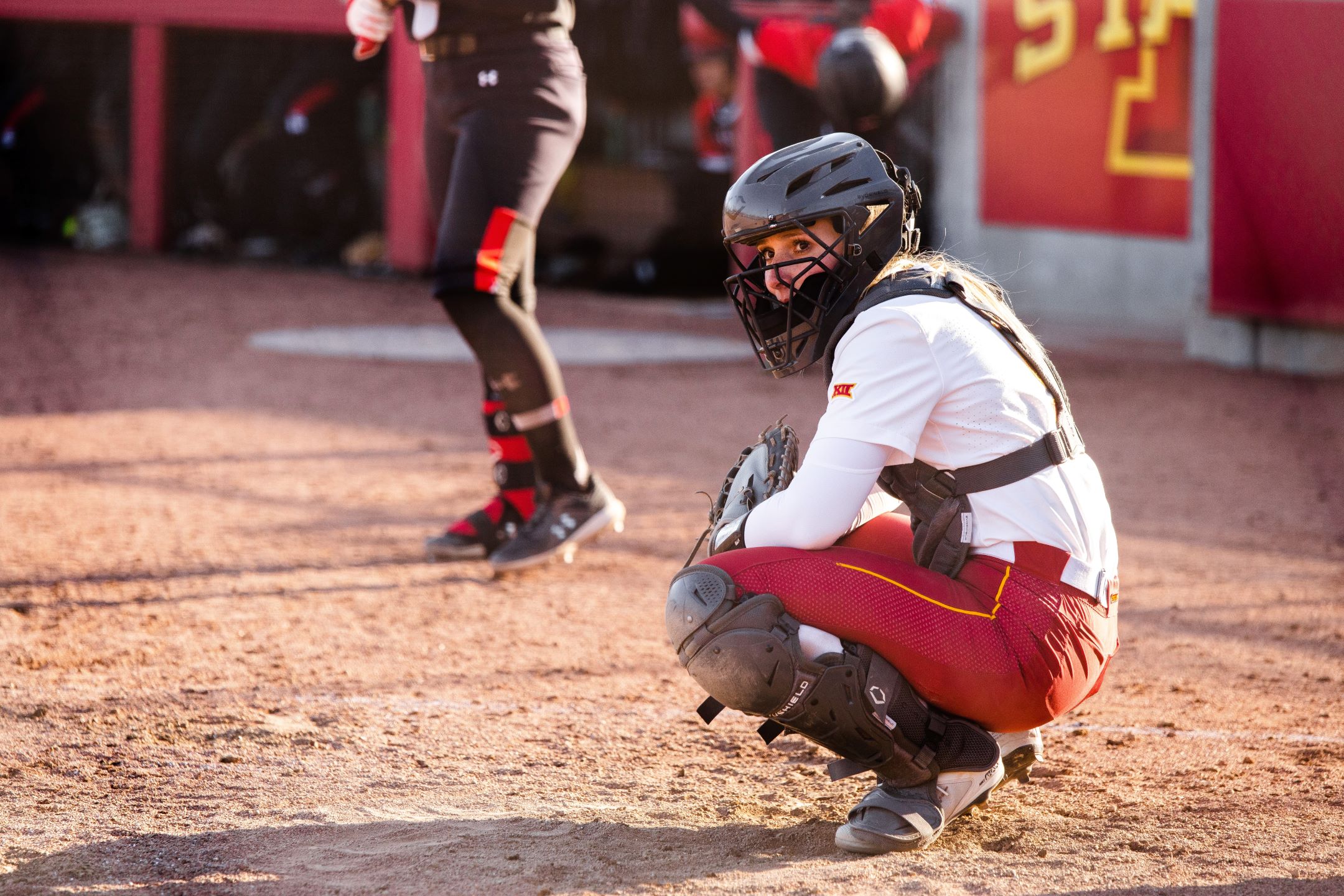
Ultimately, the answer is yes; alcohol can kill your gains. Unfortunately, this means that celebrating your team’s big win with some post-action drinking may not be the best idea–especially if you have practice in the near future, or more significantly, another match.
“Gains” essentially means muscle recovery and growth. So the question is: how does consuming alcohol affect your body’s ability to repair and grow your muscles?
The answer depends on a host of factors, including how much you drink and when. Recent studies suggest consuming alcohol, especially during the recovery window, may have the potential of suppressing muscle growth by reducing an athlete’s rate of muscle protein synthesis.
Post-workout, your body enters a state of recovery. How long this window of time lasts varies, but some studies suggest that it can last for as long as 24 hours. What you do during this recovery window, particularly what you eat and how much rest you get, can determine your rate of protein synthesis.
Alcohol ingested during this window of recovery can have an adverse effect on your recovery, specifically as it relates to muscle growth and the body’s anabolic response.
The graphic above is from a 2014 study on the effects of alcohol ingestion on myofibrillar protein synthesis. Four hours after an intense workout, individuals were either given alcohol and a carbohydrate-rich meal (ALC-CHO), alcohol and a protein rich meal (ALC-PRO), or just a protein meal (PRO) . After monitoring muscle biopsies, the results seem to suggest that the groups who consumed alcohol post-workout experienced considerable decreases in myofibrillar protein synthesis.
But even if you wait until after your body has recovered from a workout, alcohol may still reduce your body’s ability to strengthen its muscles. According to the American Athletic Institute, consuming alcohol has the potential of negating up to 14 days worth of training in some athletes.
Everyone’s body reacts to alcohol differently, so while it may be rather difficult to pin down exactly how much of your gains are killed by alcohol, it seems safe to say that alcohol, at the very least, is not helping you increase your athletic performance. And in sports where matches are won by inches and seconds, you never know what might be the deciding factor in a win versus a defeat.

